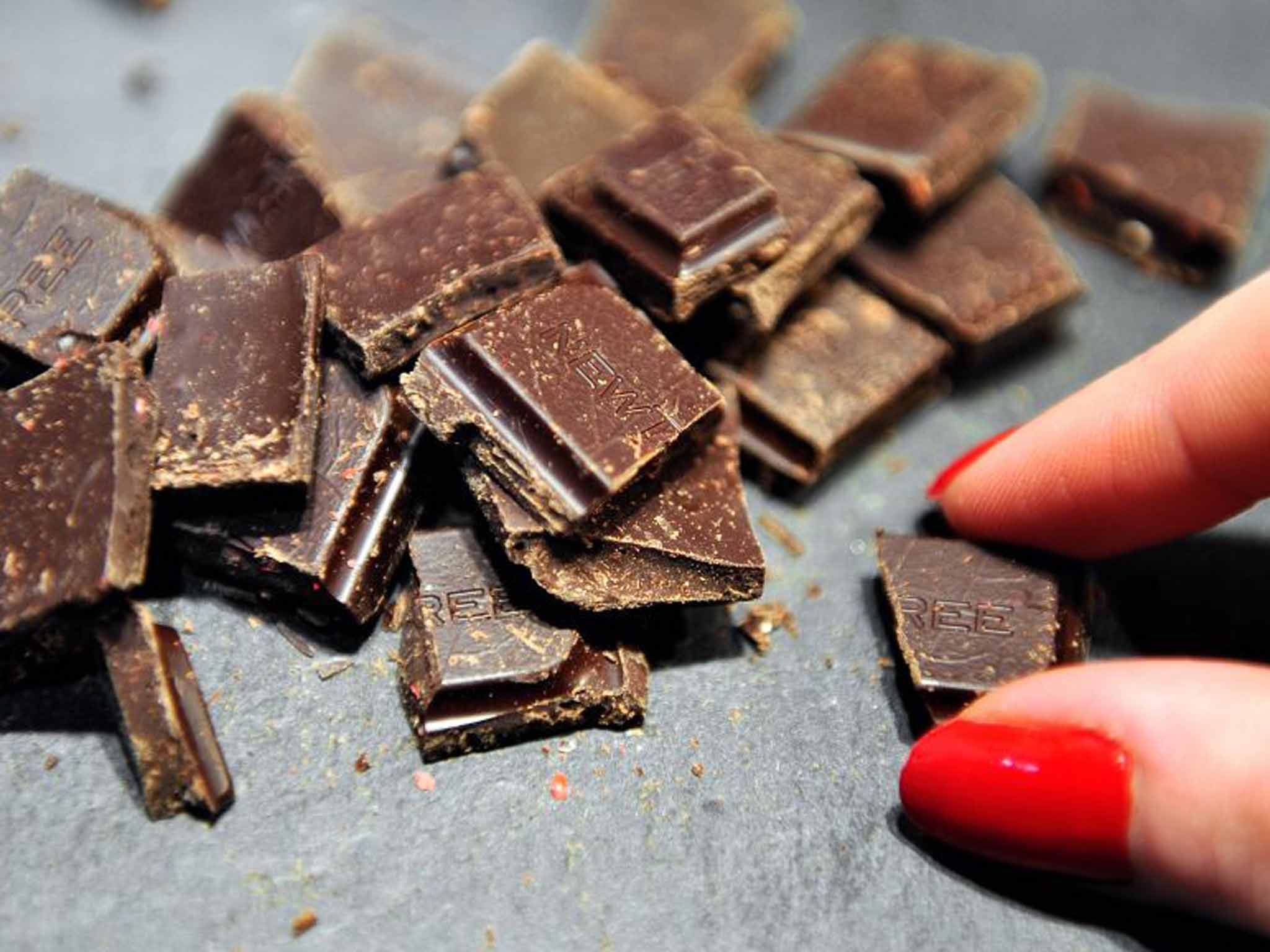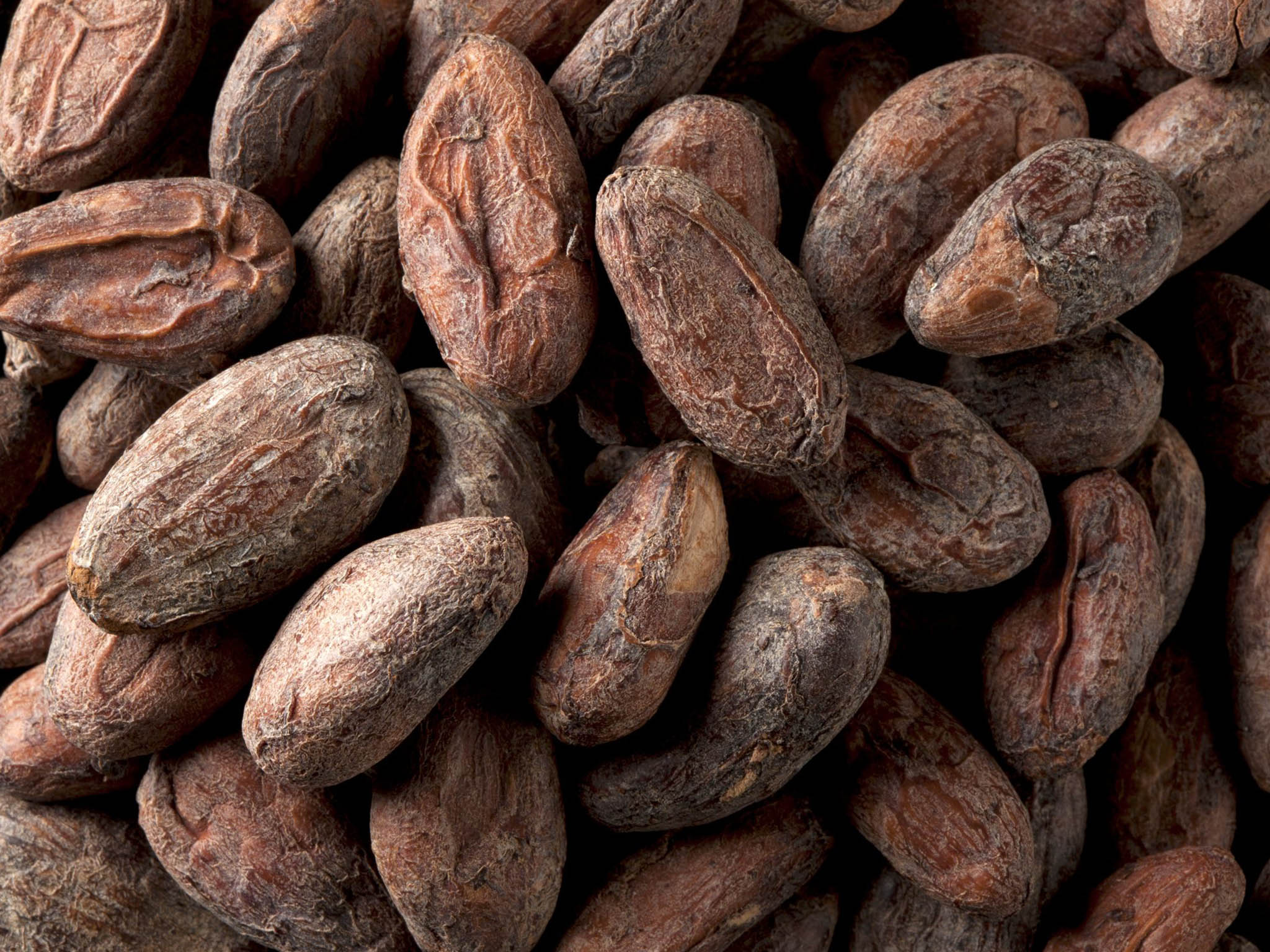Brexit is making chocolate more expensive
The price of cocoa in London rose by 1.5% to a record £2,495 a tonne

The price of chocolate is likely to rise after the pound slid against other currencies in the aftermath of the EU referendum.
The price of cocoa in London rose by 1.5 per cent to a record £2,495 a tonne on Wednesday, its highest in nearly forty years, as the pound fell to a new 31-year low.
Cocoa continued to trade above £2,500 on Thursday morning.
The last time cocoa traded near this levels was July 2010, when falling supplies from Africa coincided with rising emerging-market demand.
Traders said the jump in cocoa, the key ingredient for chocolate, was a direct impact of the volatile UK currency.
Cocoa prices are also influenced by factors such as extreme weather and political instability in producing countries.
A weaker pound means London cocoa positions are less expensive for holders of other currencies.

“If the pound continues to drop from concerns of an exit, traders would continue to buy puts in the currency and calls in the cocoa,” Peter Mooses, senior market strategist at brokers RJO futures in Chicago, told the FT.
The pound fell as low as $1.28 against the dollar in overnight trading on Wednesday after warnings about the financial stability of the UK after Brexit spooked investors.
Some analysts have said the pound still has further to slide.
On Friday, the pound was up 0.2 per cent at $1.2933
The weaker pound could signal the end of cheaper groceries for UK consumers, according to new figures by Kantar World Panel.
“Any long-term change in exchange rates may threaten the current period of cheaper groceries,” said Fraser McKevitt, head of retail and consumer insight at Kantar Worldpanel.
Separately, Meurig Raymong, the president of the National Farmers Union, warned that the UK’s dependence on imports combined with weakened pound would mean the country could expect to see the price of food go up.
He added that the that EU subsidies for British farmers amount to £2.4 billion - £3 billion a year, depending on exchange rates, and help keep the sector afloat.
The Bank of England has said in its twice-yearly stability report that the financial stability of the UK has already been affected by Brexit, helping to push the pound lower.
Join our commenting forum
Join thought-provoking conversations, follow other Independent readers and see their replies
Comments
Bookmark popover
Removed from bookmarks